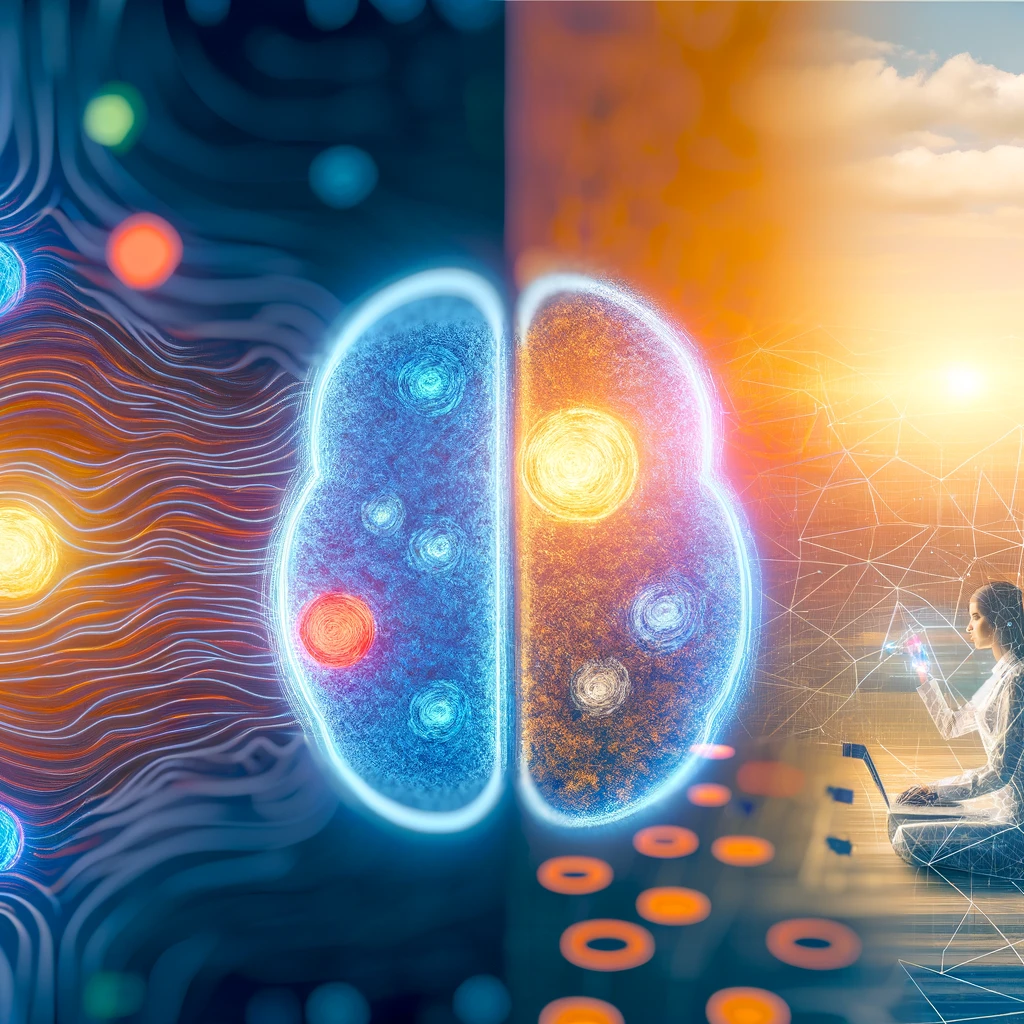In the rapidly evolving landscape of technology, Artificial Intelligence (AI) tools are transforming the way developers and engineers approach their work, offering unprecedented opportunities for enhancing productivity and creativity. Far from the dystopian view that AI will replace human jobs, these tools are designed to augment the capabilities of professionals, automating mundane tasks and allowing more time for complex problem-solving and innovation.
AI in development serves as an assistant rather than a replacement. Tools like code generators, debuggers, and automated testing frameworks are perfect examples. They streamline development processes, reduce human error, and significantly cut down development time. This allows developers to focus on more strategic tasks that require human ingenuity, such as designing novel algorithms, improving user experience, and strategic planning.
The fear that AI will render developers and engineers obsolete is understandable but misplaced. The essence of development work—creativity, strategic thinking, and emotional intelligence—cannot be replicated by AI. Instead, AI tools are here to free professionals from repetitive tasks, enabling them to channel their efforts into areas where human expertise truly shines.
Moreover, the integration of AI into development processes demands a new set of skills, including AI literacy, the ability to collaborate with AI systems, and the understanding of how to leverage these tools to their full potential. This represents a significant opportunity for professional growth and development rather than a threat.
In conclusion, the rise of AI tools in the development sector is not a harbinger of job displacement but a beacon of productivity and innovation. By embracing these tools, developers and engineers can elevate their work, tackle more ambitious projects, and continue to be indispensable in an increasingly digital world.

No responses yet